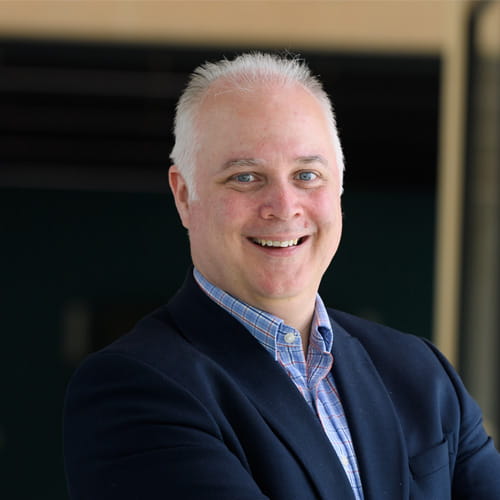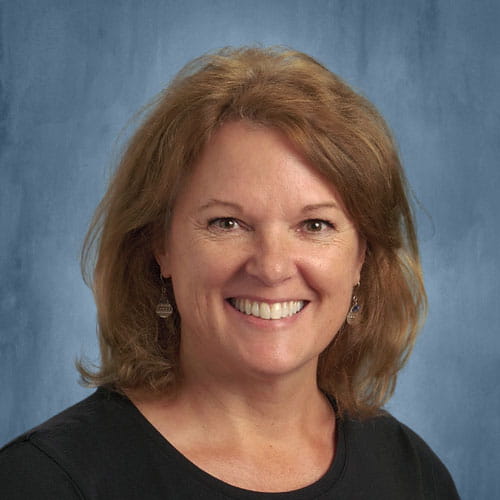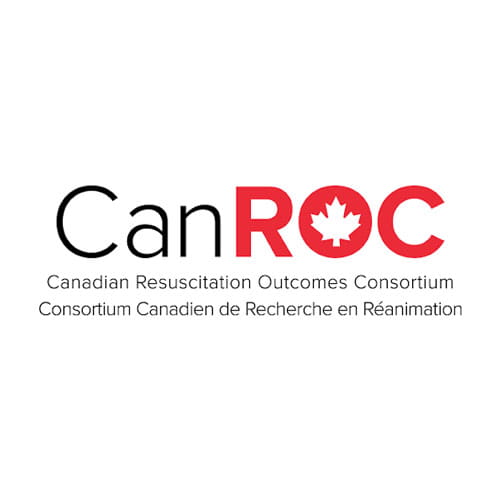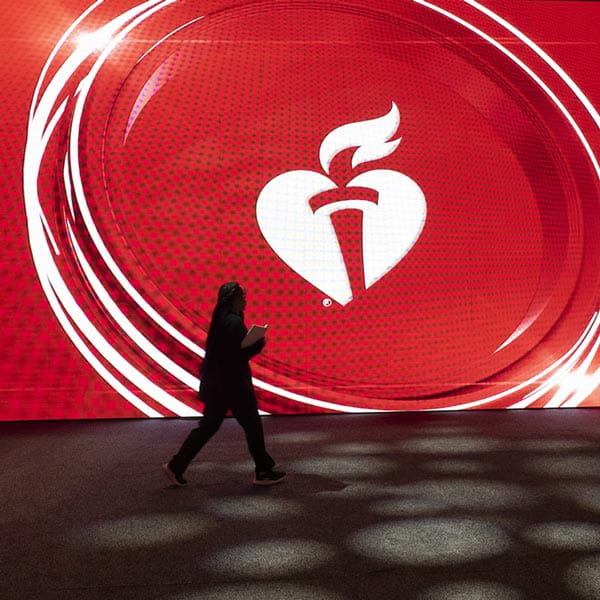Resuscitation Science Symposium
November 7–8, 2026
McCormick Place Convention Center, Chicago, Illinois
Access #AHA25 and #ReSS25 OnDemand!
Did you miss some of the groundbreaking science presented at Scientific Sessions or the Resuscitation Science Symposium?
Watch hundreds of hours of thought-provoking science and discussions from 2025 -- wherever and whenever you want!


Why you should attend
Join multidisciplinary discussions on the latest in resuscitation science and practice implementation in emergency settings. Build your network and knowledge by engaging with critical care and emergency professionals.
This is an international forum geared towards lively discussions focusing on recent advances in treating cardiopulmonary arrest, discussing bench-to-bedside and community-based research findings related to cardiopulmonary and resuscitation science, emergency cardiovascular care, and CPR quality improvement in adults and pediatrics. Engage with multidisciplinary peers and build your network at every stage of your career.
Key Dates
| Date | Activity |
|---|---|
| Spring 2026 | Watch for Abstract Submission opening |
| November 6–7, 2026 | Resuscitation Science Symposium 2026 in Chicago, Illinois |

Lifetime Achievement Award
Gavin Perkins, MBE, FMedSci, FERC
Professor of Critical Care Medicine
Dean of Warwick Medical School, University of Warwick, Coventry, England
Resuscitation Guidelines Session: Process, Pioneering, Presumptuous
Saturday, November 8, 2025, 7:45 a.m. to 8:30 a.m.
Presentation Title: Presumptuous?: What we do on the other side of the pond!
Gavin Perkins, MBE, FMedSci, FERC, is Professor of Critical Care Medicine and Dean of Warwick Medical School at the University of Warwick. For more than three decades, he has been at the forefront of resuscitation science, combining academic leadership with clinical practice in the West Midlands region of the UK.
Internationally recognised for his contributions to resuscitation research, Professor Perkins established the PARAMEDIC group and led multi-centre trials evaluating mechanical chest compression devices, adrenaline, and intraosseous vascular access. He has secured over £20 million in research funding and published more than 450 peer-reviewed papers, including landmark contributions to NEJM, Lancet, JAMA, and BMJ.
Professor Perkins has played a defining role in global resuscitation guidelines. As past Chair of the European Resuscitation Council (ERC) Guidelines Committee, he led development of the 2021 ERC Guidelines. He is President of Resuscitation Council UK, Director of Research for the ERC, and a longstanding leader within the International Liaison Committee on Resuscitation. He co-led international consensus work on the Utstein template for out-of-hospital cardiac arrest reporting and as well as the Core Outcome Set for Cardiac Arrest (COSCA) trials, both of which have enhanced the comparability, quality, and patient-centredness of resuscitation research. His contributions also include transforming Advanced Life Support training through blended learning, establishing the UK OHCA Outcomes Registry as well as shaping national CPR and defibrillation policy.
A dedicated mentor, Professor Perkins has supervised over 20 PhD students and championed diversity across international resuscitation organizations. His work spans every link in the chain of survival, with enduring global impact on science, education, and patient outcomes.

ReSS Champion Awardee
Joan Mellor
Grantseeking Consultant, Pastoral Minister
Stillwater, Minnesota
Joan Mellor has held leadership roles in healthcare, philanthropy, and community service, uniting partners across sectors to create lasting impact. Throughout her career she has been dedicated to improving health outcomes and strengthening systems of care.
Most recently as a consultant, Joan helped nonprofits and healthcare organizations in strategic planning, grantseeking and grants management for initiatives to expand resuscitation efforts, community paramedicine programs for at-risk pregnant women, and chronic disease management. Previously, she served as Director of Market Development at Health Scholars, advancing virtual reality training for resuscitation and emergency care and as Director of External Affairs at Allina Health EMS in the greater Twin Cities area of Minnesota.
During her 18 years with the Medtronic Foundation, Joan led global philanthropic programs advancing cardiac and emergency care, managing over $25 million in grants and launching initiatives to strengthen community response systems for sudden cardiac arrest worldwide.
Currently, Joan serves in pastoral ministry and community support at the churches of St. Michael & St. Mary in Stillwater, Minnesota, where she lives with her husband, Jim.

Ian G. Jacobs Award for International Group Collaboration to Advance Resuscitation Science
CanROC
Canadian Resuscitation Outcomes Consortium
Across Canada
CanROC is nation-wide consortium comprised of research staff, clinical scientists, and medical responders. The network is broken down into multiple sites across Canada, with each site organizing research and patient care improvement efforts locally.
Beyond the site level, CanROC’s governance is guided by several committees, each with an individual mandate that contributes to the achievement of CanROC’s overall strategic goals. Our standing committees include the Cardiac Arrest, Steering, Pediatric, Training and Early Career Research Support, and more.
CanROC projects include The Cardiac Arrest Registry, which captures data for every out-of-hospital cardiac arrest patient within the CanROC catchment area for review and study.
Should I attend #AHA25?
Are you....
- A scientist, clinician, researcher or other healthcare professional interested in any and all aspects of cardiovascular disease?
- Looking to maximize your session choices and networking opportunities?
- Someone who has never attended Scientific Sessions before?
Should I attend #ReSS25?
Are you...
- A clinician, researcher, or health care professional focused on cardiopulmonary arrest, resuscitation science, emergency cardiovascular care or CPR quality improvement?
- Someone who is focused on building their career in emergency cardiovascular care?
Childcare
The American Heart Association is committed to supporting families in science and medicine, and will offer onsite childcare for #ReSS25 during conference and special activity hours.
Childcare is available for children between the ages of 6 months and 12 years.

AHA Policies and Guiding Values
The American Heart Association policies on conflict of interest, ethics and inclusiveness and our guiding values reflect the high standard of business conduct that has always been, and remains, a hallmark of our organization.

Questions?
Registration
Contact: [email protected]
Phone: 1-508-743-8517
Monday through Friday,
9 a.m. to 5 p.m. ET
All Other Questions
If your question is unrelated to registration, membership, or Professional Heart Daily, and is not answered here, please complete this form or call 1-800-AHA-USA-1 (1-800-242-8721).
General Conference Info
General Conference Contact: [email protected]
Phone: 1-888-242-2453 or 214-570-5935
Exhibits
Exhibit at AHA Conferences
Media Inquiries
American Heart Newsroom
Email: [email protected]
Phone: 214-706-1173
Membership
Contact: [email protected]
Phone: 1-888-242-2453 (or outside the US, 1-972-349-5803).
Professional Heart Daily
1-888-242-2453 (outside the US: 1-214-570-5935)
[email protected]
